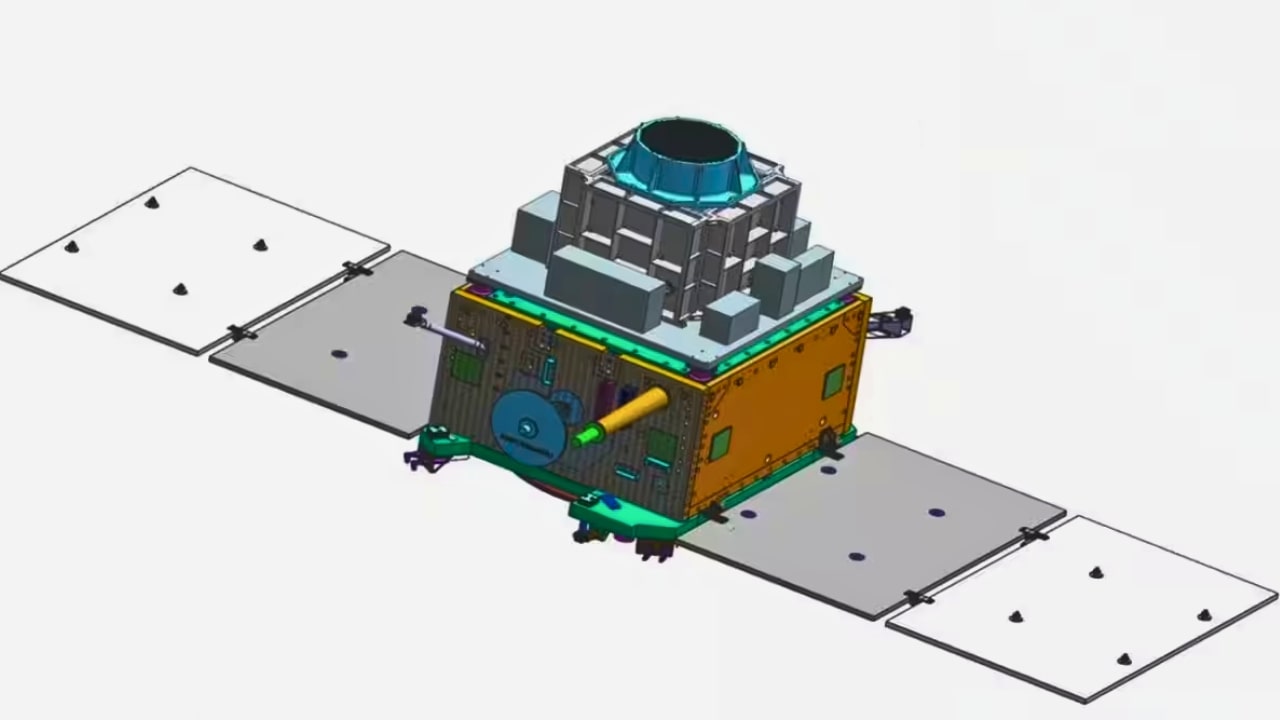After successfully landing Chandrayaan-3 on the South Pole of the Moon and launching ‘Aditya-L1’ to reveal the secrets of the Sun, the Indian Space Research Organization (ISRO) is planning further to enhance the understanding of space with other projects. Is ready.
XPoSat (X-ray Polarimeter Satellite) is India’s first dedicated polarimetry mission, which will study various dimensions of bright celestial X-ray sources even under challenging conditions. For this, a spacecraft will be sent into the low Earth orbit with two scientific study instruments (payloads) attached to it.
What Did ISRO Say?
ISRO said that the primary instrument, ‘POLIX’ (Polarimeter Instrument in X-ray), will measure polarimetry parameters (degree and angle of polarization) of 8-30 keV photons of astronomical origin in the medium X-ray energy range.
According to ISRO, the ‘XSPECT’ (X-ray Spectroscopy and Timing) payload carries out spectroscopic (a branch of physics that studies the spectra of emitted or absorbed electromagnetic radiations of substances) in the energy range of 0.8-15 keV. This study Will give information about how knowledge of the internal structure of substances is obtained.
What’s The Challenge?
“XPoSat is ready for launch,” an ISRO official said at its headquarters in Bengaluru. It told the emission mechanisms from various astronomical sources like black holes, neutron stars, active galactic nuclei, and pulsar wind nebulae arise from complex physical processes. And it is challenging to understand.
Space agency officials say that although various space-based observatories provide abundant spectroscopic information, understanding the exact nature of emissions from such sources is still challenging for astronomers.
ISRO said that polarimetry measurements add two more dimensions to our understanding, the degree of polarization and the angle of polarization and thus are an excellent way to understand emission processes from astronomical sources. ,










